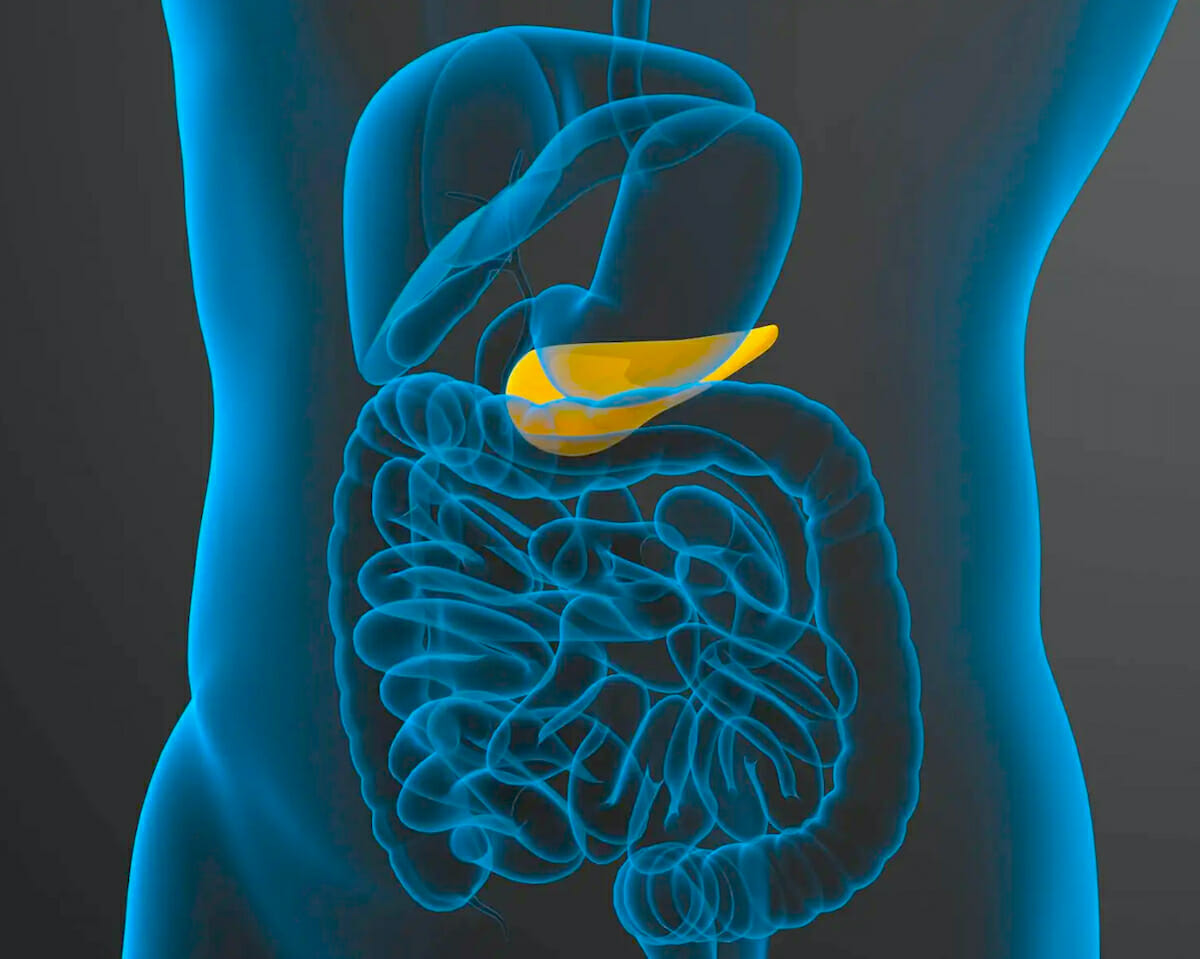Pancreatitis is inflammation of the pancreas, a long, flat gland that lies horizontally behind your stomach. The pancreas produces enzymes for digestion and hormones that regulate the way your body processes sugar.
About 275,000 hospital stays for acute pancreatitis occur in the U.S. each year, according to the National Institute of Diabetes and Digestive and Kidney Disease. Chronic pancreatitis is less common, with about 86,000 hospital stays per year. And although pancreatitis is rare in children, the number of children with acute pancreatitis has grown.
Pancreatitis occurs when digestive enzymes become activated while still in the pancreas, irritating the cells of your pancreas and causing inflammation. Acute pancreatitis appears suddenly and lasts for days. Repeated bouts of acute pancreatitis over many years can damage the pancreas and lead to chronic pancreatitis.
Signs and symptoms of pancreatitis may vary, depending on which type you experience.
Acute pancreatitis signs and symptoms include:
Upper abdominal pain.
Abdominal pain that radiates to your back.
Tenderness when touching the abdomen.
Fever.
Rapid pulse.
Nausea.
Vomiting.
Chronic pancreatitis signs and symptoms include:
Upper abdominal pain.
Abdominal pain that feels worse after eating.
Losing weight without trying.
Oily, smelly stools called “steatorrhea.”
Factors that increase your risk of pancreatitis include excessive alcohol consumption, cigarette smoking, obesity, diabetes and a family history of pancreatitis.
Mild cases of pancreatitis can improve with treatment, but severe cases can cause life-threatening complications. Initial treatment can include monitoring eating as tolerated, and tube feeding if necessary; pain medications; and IV fluids. Once your pancreatitis is under control, your health care team will evaluate and treat the underlying cause of your pancreatitis.
Chronic pancreatitis may require additional treatments, including pain management, enzymes to improve digestion, and changes to your diet.
Source: https://newsnetwork.mayoclinic.org/discussion/consumer-health-what-do-you-know-about-pancreatitis/
Exclusive content from CARE magazine









